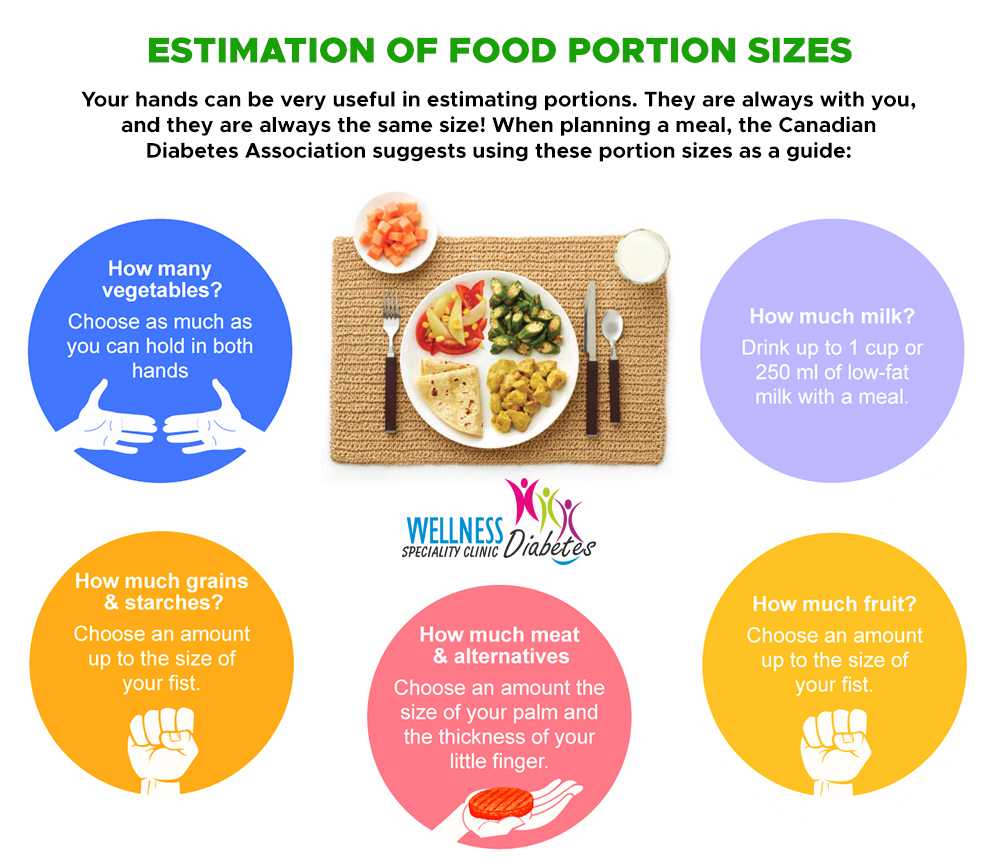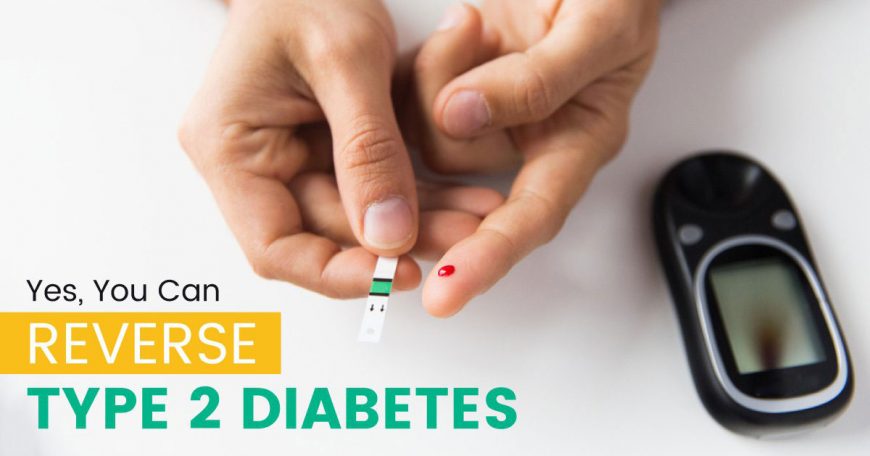Type 2 Diabetes is a massive public health problem. Type 2 Diabetes is a chronic condition that gradually develops over a period of time and prevails during an individual’s lifetime. Around 1.5 million adults are estimated to develop Type 2 Diabetes by the Disease control and prevention centers.
Diabetes has a unique impact on the lives of people and it accounts for a lifelong care. However, lack of information about Diabetes can mislead people and affect them in the management of this chronic disease. There’s nothing that one should be panicking about when being detected with diabetes because with proper diagnosis and management activities, it can be kept under control. There are two major types of Diabetes – Type 1 and Type 2 Diabetes, amongst which Type 2 is the most common form of Diabetes Mellitus. The utilization of Glucose for energy in the body is regulated by the hormone ‘Insulin. Insulin is secreted by specialized cells in the Pancreas. In type 2 Diabetes, due to the body’s inability to properly respond to Insulin, there is a high level of sugar(glucose) in the blood stream. This excessive amount of blood glucose make its way to urine and is spilled in the urine giving rise to glucosuria – presence of glucose in urine.
Symptoms of Type 2 Diabetes
Let’s get familiar with the common Type 2 Diabetes symptoms –
- Dehydration
- Fatigue
- Thirst
- Weight loss
- Nausea
- Vomiting
- Kidney or Urinary tract infections
- Frequent Infections
- Slowly healing skin sores
- Increased hunger
- Dry mouth
- Blurred vision
- Headaches
- Frequent urination
Causes and Risk Factors of Type 2 Diabetes
Common causes and risk factors involved in the development of Type 2 Diabetes are –
- Genetics – Having someone with Diabetic conditions from the family or hereditary
- Distribution of Fat – accumulation of fat around the waist is a high risk factor compared to fat accumulation in hips and thighs.
- Obesity – is a great contributor to Type 2 Diabetes. Severity of obesity is directly related to Type 2 Diabetes
- Ethnicity – certain ethnic groups can easily develop Diabetes type 2 such as the Africans, Asians, Latinos/Hispanics, Caucasian Americans
- Inactivity – Lack of physical activity increases the chance of Type 2 Diabetes.
- Age – Age is a major contributor. If age accounts for above 30 years, the person may develop Type 2 diabetes.
- Sleep disorder – Sleeping disorders like sleep apnea can lead to Diabetes Mellitus
- Gestational Diabetes – Women with diabetic conditions during their pregnancy are at a relatively high risk of developing Type 2 Diabetes
- Polycystic Ovary Syndrome – Women with this particular condition are more prone to Diabetes Type 2

Treatment of Type 2 Diabetes
Preventive and Treatment measures for type 2 Diabetes include the following –
- Regular Exercise
- Maintaining ideal body weight
- Keeping the body hydrated
- Healthy eating
- Blood sugar monitoring
- Proper Diabetes medication
Tests for Type 2 Diabetes
Following tests may be recommended by your Diabetologist
- Random Blood Sugar test
- Fasting blood sugar test
- Oral Glucose tolerance test
- Glycated hemoglobin test (A1C ) test

Recommended food for Type 2 Diabetes
Type 2 Diabetes Diet plan must have certain foods –
- Healthy fats
- More Proteins and fibers
- Food from all food groups
- Same amount of carbohydrates at each snack
- Vegetables – Vegetables without added sauce, salts and fat. Cucumber, Spinach, Lettuce, Broccoli, Cabbage, Bell peppers, Carrots, Green Peas, Lima beans
- Fruits – Fresh or Frozen fruits. Apples, Oranges, Cherries, Melon, Papaya, Pineapple, Peaches, Pears
- Grains – Whole grains and refined grains like –Brown and wild rice, Quinoa, Buckwheat, Barley, Oatmeal
- Protein Foods – Meat, Seafood, eggs, Poultry, Beans and peas, Nuts and seeds, and processed soy foods.
- Dairy – low fat milk and milk products like yoghurt, buttermilk, paneer
- Fats/Oils – Fish, nuts and vegetable oils. Do not consume fatty foods and high saturated fats like hamburgers, deep fried foods, bacon and butter.

Additional information on Type 2 Diabetes
- Type 2 Diabetes is different from type 1 Diabetes in which the body produces insufficient levels of insulin
- Oral and injectable medications are developed to treat Diabetes type 2
- Recommended ‘Diabetes Diet’ is different for all people with Type 2 Diabetes
- Complications like Kidney disease, eye problems, nerve damage are related to Type 2 Diabetes
- Good control of Blood sugar levels and regular monitoring helps to efficiently manage Type 2 Diabetes
- Regular exercise, Physical activity and optimum weight maintenance helps to reduce and prevent type 2 diabetes.

